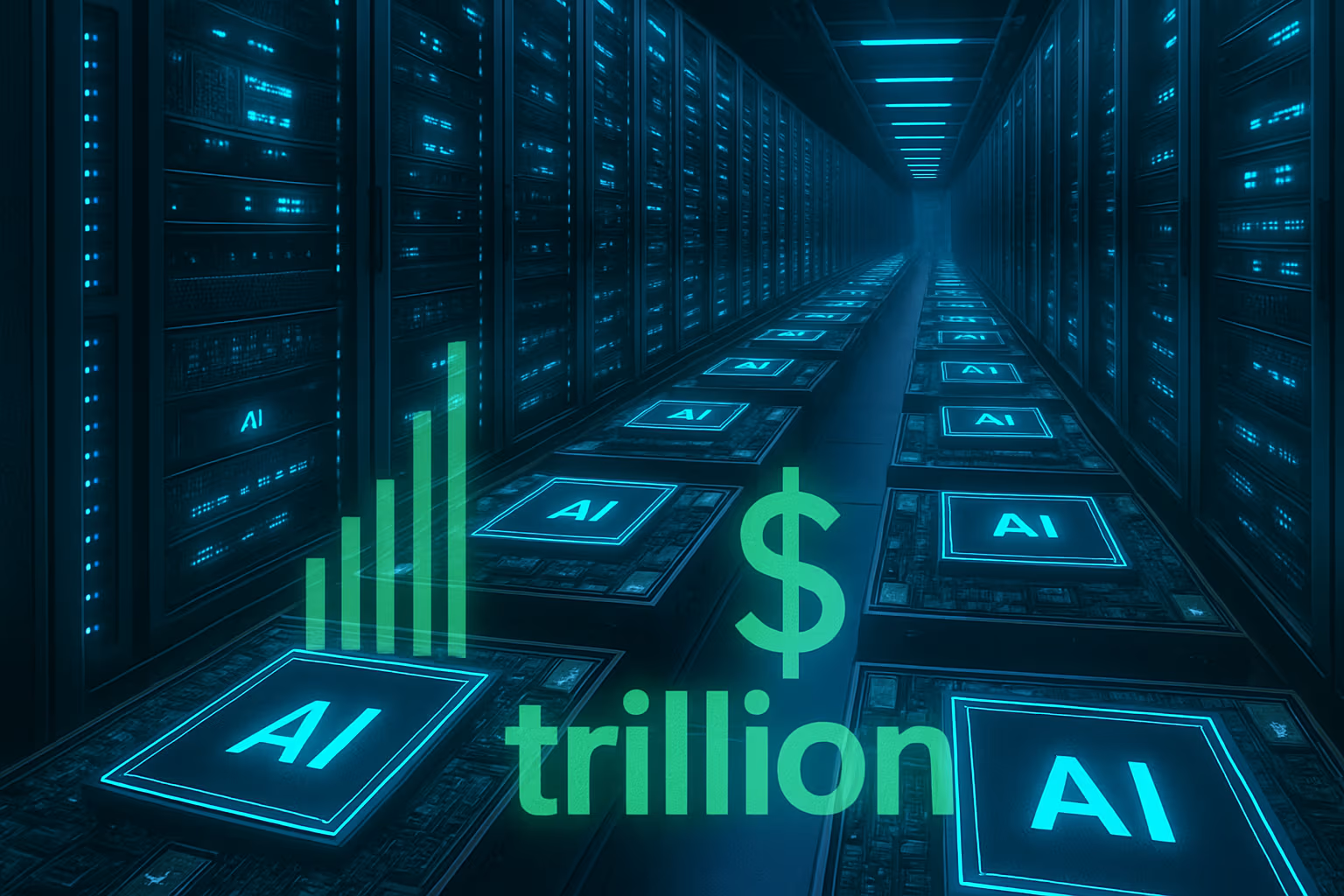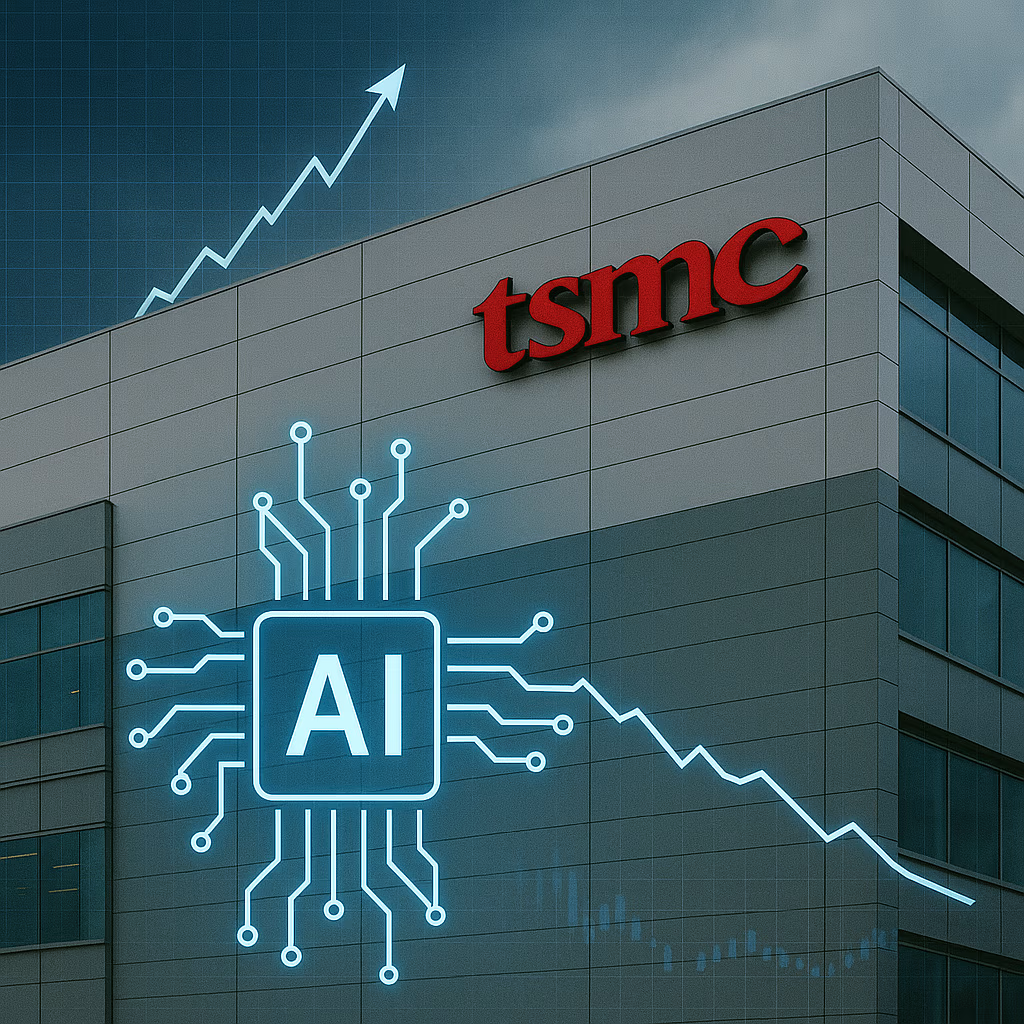In an age of personalized medicine, telehealth, and wearable devices, healthcare is generating more data than ever before. From electronic health records (EHRs) to genomic profiles and real-time patient monitoring, the industry faces a dual challenge: unlocking the power of data while protecting individual privacy. This is where two transformative technologies—blockchain and artificial intelligence (AI)—are converging to reimagine healthcare infrastructure.
As global healthcare systems undergo digital transformation, blockchain and AI are emerging as complementary forces. Blockchain provides a decentralized, tamper-proof ledger for securing medical data, while AI enables intelligent analytics, diagnostics, and automation. Together, they are laying the foundation for secure, privacy-first healthcare systems that prioritize data ownership, interoperability, and patient trust.
Here’s how blockchain and AI are being integrated into the healthcare ecosystem—and why this union could define the future of digital health.
The Problem: Sensitive Data, Siloed Systems, and Security Gaps
Modern healthcare is built on data, but the way it’s managed is deeply fragmented. Patient records are scattered across clinics, hospitals, insurers, and wearable device platforms—often stored in incompatible systems with limited visibility or control. This lack of interoperability slows down care delivery, creates duplicate testing, and increases administrative burden.
At the same time, cybersecurity threats in healthcare are on the rise. Hospitals are among the most targeted organizations for ransomware attacks, with data breaches exposing millions of sensitive records each year. Even worse, patients rarely have control over who accesses their data, when, or why.
Adding to the complexity, healthcare AI models require large, high-quality datasets to deliver value—but accessing such data often clashes with privacy laws like HIPAA and GDPR.
To address these challenges, healthcare needs a new digital infrastructure—one that is secure by design, privacy-preserving, and powered by intelligent automation. That’s where blockchain and AI come in.
Blockchain’s Role: Security, Data Ownership, and Auditability
Blockchain technology offers a decentralized architecture where each transaction or data exchange is recorded immutably. In healthcare, this means creating a trusted environment for storing and sharing sensitive patient data while ensuring full transparency and traceability.
Key benefits of blockchain in healthcare include:
- Data integrity: Once medical records are added to a blockchain, they cannot be altered without detection. This ensures accuracy and prevents fraud.
- Decentralized access control: Patients can control permissions for their health data using smart contracts—deciding which providers, researchers, or apps can access which parts of their records.
- Audit trails: Every access or modification attempt is logged, making it easier to detect misuse or unauthorized activity.
- Interoperability: Blockchains can serve as secure bridges between disparate health information systems, improving data flow across providers and institutions.
- Token-based incentives: Patients or data contributors can be rewarded in tokens for participating in research or sharing data with public health organizations.
Unlike centralized databases vulnerable to a single point of failure, blockchain-based systems distribute trust across a network, making them inherently more resilient.
AI’s Role: Smart Diagnostics, Predictive Analytics, and Automation
Artificial intelligence is revolutionizing healthcare by enabling faster, more accurate diagnostics, personalized treatment planning, and operational efficiency.
AI applications in healthcare include:
- Medical imaging analysis: Deep learning models detect early signs of disease in X-rays, MRIs, and CT scans—often more accurately than human radiologists.
- Predictive modeling: AI forecasts patient deterioration, hospital readmission risk, or medication adherence based on historical and real-time data.
- Natural language processing (NLP): AI can extract insights from unstructured clinical notes, enabling better documentation and decision support.
- Personalized medicine: Machine learning models analyze genetic data and patient history to recommend tailored therapies.
- Administrative efficiency: Chatbots, scheduling tools, and claims processing systems powered by AI reduce administrative workload and improve patient experiences.
However, AI’s power depends on access to high-quality, diverse, and up-to-date datasets—which are often locked away due to privacy, regulation, or institutional silos.
This is where blockchain and AI become natural allies.
The Convergence: How Blockchain and AI Work Together in Healthcare
When integrated, blockchain and AI create a feedback loop of secure data sharing and intelligent decision-making. Blockchain ensures that medical data is stored, accessed, and governed transparently, while AI derives value from that data without compromising patient confidentiality.
Some of the ways they work together include:
Federated Learning on Blockchain Networks
Federated learning is a privacy-preserving AI technique where models are trained across decentralized data sources without moving the data itself. Hospitals or clinics can train AI models locally and share only the updated parameters on a blockchain. This allows AI to learn from broad datasets without violating data privacy laws.
Secure Sharing of Medical Data for Research
Blockchain enables patients to grant selective, time-bound access to anonymized health data for clinical research. AI can then analyze these datasets to uncover trends, treatment outcomes, or disease patterns at scale. Smart contracts enforce the terms of access and log every interaction.
Tamper-Proof AI Audit Trails
By recording AI model development and decision-making processes on a blockchain, healthcare organizations can improve transparency and trust in automated systems. This is especially useful for explaining AI decisions in high-stakes environments like diagnostics or triage.
Decentralized Health Information Exchanges (HIEs)
Instead of relying on central intermediaries, blockchain-based HIEs allow providers to exchange patient information securely and efficiently. AI algorithms running on these networks can flag medical inconsistencies, suggest follow-ups, or recommend best practices based on real-time inputs.
Use Cases Already in Action
Several pioneering projects are already demonstrating the power of blockchain and AI integration in healthcare:
- MediLedger: A blockchain network for pharmaceutical supply chain verification and anti-counterfeiting.
- HIVE (Health Information Vision Exchange): Uses blockchain and federated learning to enable secure cancer research across institutions.
- BurstIQ: Provides a blockchain-based platform for managing health data ownership, consent, and secure AI collaboration.
- EncrypGen: Allows individuals to share genetic data with researchers while maintaining control and earning tokens for participation.
- Doc.ai (acquired by Sharecare): Used AI and blockchain to build decentralized health data marketplaces and predictive modeling for precision health.
These platforms illustrate how the fusion of AI and blockchain can improve outcomes, protect privacy, and enable scalable healthcare innovation.
Challenges and the Road Ahead
Despite the promise, integration is not without hurdles. Interoperability with legacy EHR systems remains a challenge. Blockchain scalability and transaction costs must be optimized for health data throughput. Regulatory uncertainty—especially around AI bias and smart contract liability—needs to be addressed.
Healthcare professionals and patients must also be educated about these technologies to build trust and foster adoption. Partnerships among hospitals, tech providers, regulators, and academic institutions will be essential for success.
But the momentum is building. As AI regulations evolve and blockchain standards mature, the convergence of these technologies is no longer theoretical—it’s inevitable.
A New Era for Digital Health
In a world where healthcare is increasingly digital, data is the lifeblood of innovation. But without trust, transparency, and security, that data is as much a liability as it is an asset. The union of blockchain and AI offers a powerful path forward—a healthcare system where intelligence meets integrity.
By combining decentralized trust with machine intelligence, healthcare providers can deliver smarter, faster, and more equitable care—while giving patients more control than ever before.
This isn’t just a tech upgrade. It’s a paradigm shift. And it’s already underway.





